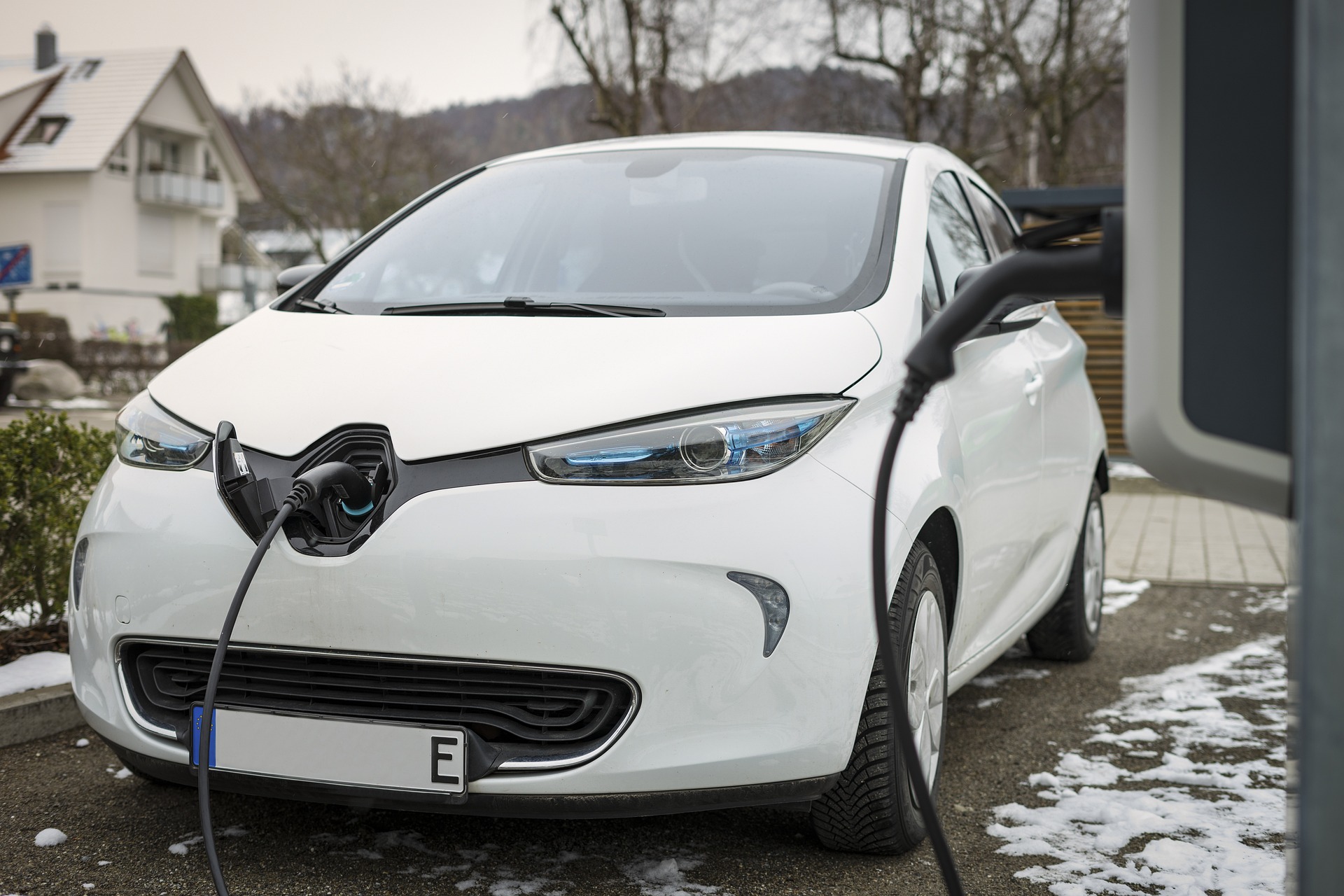Electric Cars Explained: Benefits, Challenges, and What’s Next
Electric cars have been causing a stir in recent years, promising a revolution in transportation and an end to dependence on fossil fuels. But what makes them so different, and why should we care?

What Makes Electric Cars Different from Traditional Vehicles?
Electric cars have an entirely different propulsion system compared to traditional vehicles: instead of an internal combustion engine, they have an electric motor powered by rechargeable batteries. This fundamental difference has far-reaching implications, from operational cost to environmental impact.
Key Benefits of Electric Cars: Sustainability, Cost Efficiency and Performance
The most significant benefit of electric cars is their environmental friendliness. They emit zero tailpipe pollutants, contributing to cleaner air and helping tackle climate change. In terms of operational costs, electric cars are cheaper to run due to lower cost of electricity compared to gasoline, and fewer moving parts mean less maintenance. Furthermore, electric cars deliver instant torque, providing excellent acceleration and a smooth driving experience.
Challenges Facing Electric Vehicles Today
However, electric vehicles aren’t without their challenges. Battery technology is still evolving, leading to concerns about range and charging time. Although infrastructure is improving, access to charging stations can be a problem in some areas. There’s also the issue of initial purchase cost: electric cars are generally more expensive than their gasoline counterparts, although this gap is narrowing.
Advancements Driving the Future of Electric Cars
Despite these challenges, the future of electric cars looks bright. Technological advancements are continually improving battery capacity and reducing charging time. Autonomous driving technology is also rapidly evolving, with electric cars at the forefront of this revolution. Moreover, governments around the world are offering incentives for electric vehicle adoption, which should drive further growth in the sector.
How to Transition to Electric: Tips for New Buyers
The transition to electric can seem daunting, but it doesn’t have to be. Start by assessing your driving habits: if you primarily do city driving and have access to a charging point at home or work, an electric car could be a perfect fit. Do your research on different models, keeping in mind your budget and preferred range. Finally, consider leasing instead of buying, which can be a more affordable way to get into the electric car market.
Electric Cars in the USA: Further Insights
Electric cars are gaining traction in the USA, with sales increasing year on year. Policies such as the federal tax credit for electric vehicles, and state incentives like California’s Clean Vehicle Rebate, are fueling this growth. The USA is also home to Tesla, one of the world’s leading electric car manufacturers, and many other traditional automakers are also entering the electric vehicle market.
In conclusion, electric cars represent a significant shift in our approach to transportation. They offer numerous benefits, including environmental sustainability and cost efficiency. While challenges remain, ongoing advancements and supportive policies are paving the way for a future dominated by electric vehicles. It’s an exciting time to consider making the switch to electric, and join the revolution in personal transportation.




